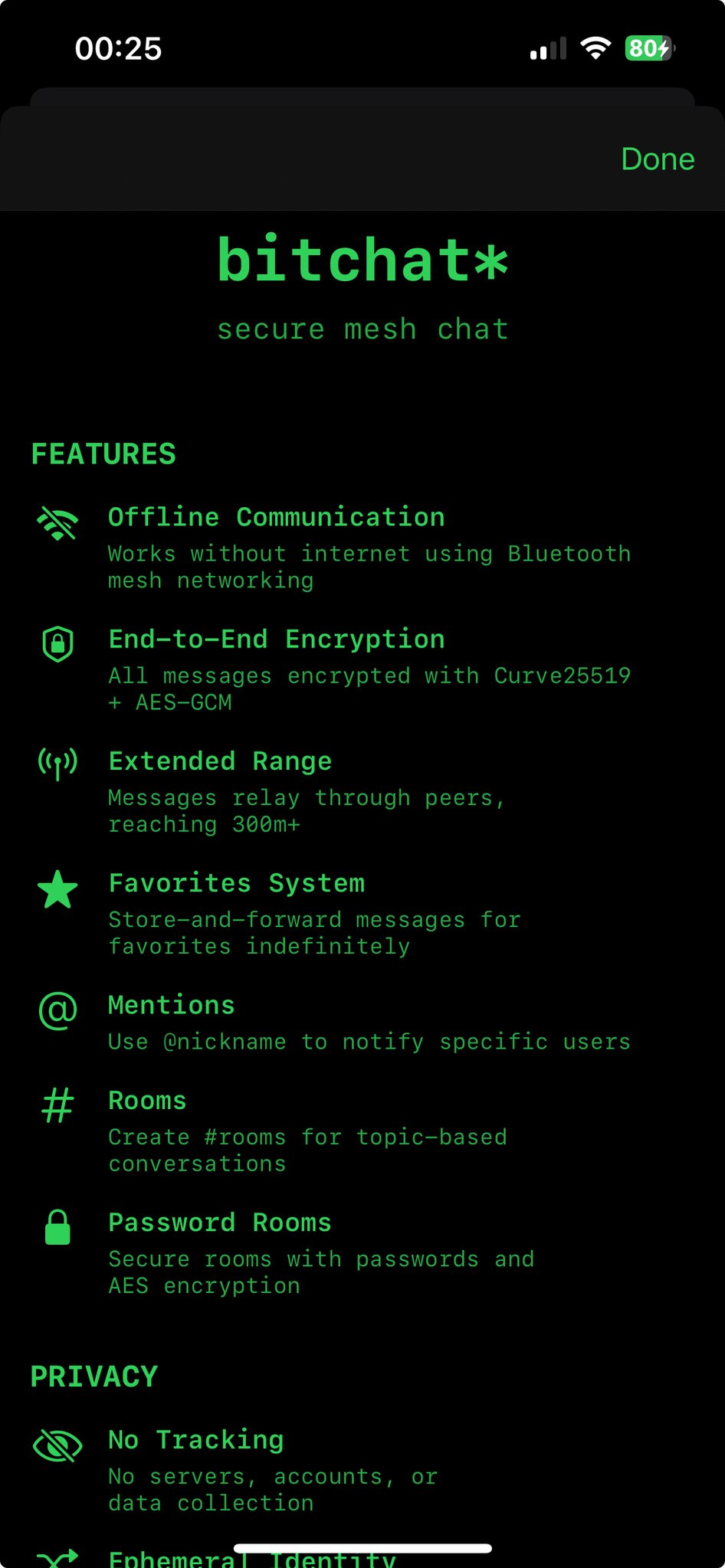Jack Dorsey bets on open source
Plus: Mistral debuts its first open source audio model and ParadeDB takes on ElasticSearch
Hi folks,
In this week’s edition of Forkable, I look at Jack Dorsey doubling down on open source, all the while dabbling with a bit of vibe-coding.
Elsewhere, Oracle's Java licensing changes reportedly sparks open source migration; Mistral debuted its first open source audio model; and ParadeDB pitches itself as an open source, AI-native alternative to ElasticSearch.
As usual, feel free to reach out to me with any questions, tips, or suggestions: forkable[at]pm.me.
Paul
Open issue
Dorsey bets on open source and vibe-coding
Jack Dorsey has long espoused the virtues of open source, but the Twitter co-founder and ex-CEO has really been doubling down on that philosophy of late — with a bit of vibe-coding thrown in for good measure.
Taking to social media last weekend, Dorsey announced a new project called Bitchat (“Bit-chat,” I assume…), an open source, decentralized, peer-to-peer messaging app that uses Bluetooth mesh networks rather than internet and servers. It will work entirely offline, without the need for a telephone number.
The iOS incarnation of the app is available in beta via TestFlight (though the program is currently full), and the Android version can be installed via the .APK file.
While still an early-stage, experimental project, Dorsey has confirmed that the “weekend project” was developed with the help of Goose, the open source AI agent released by his other company (Block) back in January.
“I did this as a weekend project to understand a few technologies: bluetooth mesh, store and forward and relay models, and various encryption models,” Dorsey wrote. “This was one part of a series of challenges I’ve given myself: to build something every day that i didn't think i was capable of, and that I didn't think the current set of AI tools were capable of, namely Block's tool goose. I'm always surprised at how much...just works. We have a new way of programming now, with an entirely new language and compiler: english and intelligence models.”
The project moved from a weekend tinker to a functioning cross-platform mesh chat app in just a few days, with encryption enhancements and additional features on the horizon — and all in the open.
But that’s not all. Dorsey also launched a new app called Sun Day, a UV and vitamin D tracker app for iOS — again, entirely under an open source license.
Actually, to put it more accurately, Dorsey has actually placed both Bitchat and Sun Day in the public domain under the Unlicense license.
To cap off the week, news emerged that Dorsey has invested $10 million in a fund centered around experimental open source projects and tools in the social media ream. The work is being channeled through “and Other Stuff,” a collective formed in May by Dorsey and several other figures from the technology world.
Read more: Jack Dorsey working on Bluetooth messaging app, Bitchat & Jack Dorsey pumps $10 million into a nonprofit focused on open source social media [TechCrunch]
Patch notes
Mistral debuts Voxtral, its first open source audio model
French AI lab Mistral has launched Voxtral, an open source model for audio tasks like transcription and speaker detection. It’s the company’s first foray into open source audio AI, aimed at competing with OpenAI’s Whisper.
Read more: Mistral releases Voxtral, its first open-source AI audio model [TechCrunch]
Read more: Voice: the original UI [Mistral]
ParadeDB puts it to ElasticSearch with Postgres-first AI indexing
ParadeDB, a new search engine built on Postgres, pitches itself as an AI-native alternative to ElasticSearch. With vector search and retrieval-augmented generation (RAG) built in, it's designed to streamline AI apps that rely on structured and semantic data.
And company behind the open source project just raised $12 million in a Series A round of funding.
Read more: ParadeDB takes on Elasticsearch as interest in Postgres explodes amid AI boom [TechCrunch]
Med-Gemma for medical AI
Google has released Med-Gemma, a suite of open source models for healthcare use-cases.
Trained on biomedical data, Med-Gemma can assist in medical image interpretation, report generation, and more — with a focus on transparency and reproducibility.
Read more: Google unveils MedGemma: An open-source AI model suite for medical use [The Decoder]
GitHub adds Google login
GitHub users can now log in with their Google account credentials. The new social login feature — while perhaps not universivally welcomed — should make it easier to manage GitHub accounts across personal and enterprise contexts without juggling credentials.
Read more: Social login with Google now available on GitHub [GitHub Changelog]
OpenAI delays open model… again
OpenAI has once more delayed the release of its promised open-weight model. The reason? The company says it’s working through “technical and safety concerns.”
It’s the second delay in as many months, and no new timeline has been given.
Read more: OpenAI delays the release of its open model, again [TechCrunch]
Oracle's Java licensing sparks open source migration?
Developers are increasingly ditching Oracle’s version of Java following its license switch-up back in 2023 — that, at least, is according to a survey conducted by Azul — a firm that provides open source Java alternatives; and the ITAM Forum — a non-profit membership association for IT Asset Management (ITAM) professionals,
Alternatives are seeing surges in adoption, as teams seek more predictable and cost-effective options.
Read more: Oracle’s Java licensing shift sparks mass migration to open source [InfoWorld]
An on-device agentic AI platform for mobile
NimbleEdge has open sourced DeliteAI, a lightweight AI engine designed for edge devices like smartphones and wearables. It supports real-time, on-device processing, while protecting user privacy, positioning itself as a foundation for decentralized, low-latency AI.
Read more: NimbleEdge open sources DeliteAI: First on-device agentic AI platform built for mobile devices [Press release]
And finally…
Using open source to help people walk
A new open source exoskeleton project wants to make mobility aids radically more affordable (and customizable) for people with disabilities in underserved communities.
OpenExo was developed by researchers from Northern Arizona University (NAU), providing access to the whole design process including software, hardware, electronics, and control schemes.
“Our project is important to the research community because it significantly lowers the barriers to entry,” Zach Lerner, associated professor at NAU’s Biomechatronics Lab, said in a statement. “In a time of diminishing federal grant funding, open source systems like OpenExo become increasingly critical for facilitating state-of-the-art research on robot-aided rehabilitation and mobility augmentation.”
The modular exoskeleton platform is designed to support key joints including the hip, ankle, and elbow, with plans to expand to knees, shoulders, and wrists. While still an early-stage prototype, Lerner added that he hopes to spark research into this area through OpenExo.
“Exoskeletons transform ability,” Lerner said. “There is nothing more fulfilling than working on technology that can make an immediate positive impact on someone’s life.”
Read more: How robots are making first steps happen [The NAU Review]



